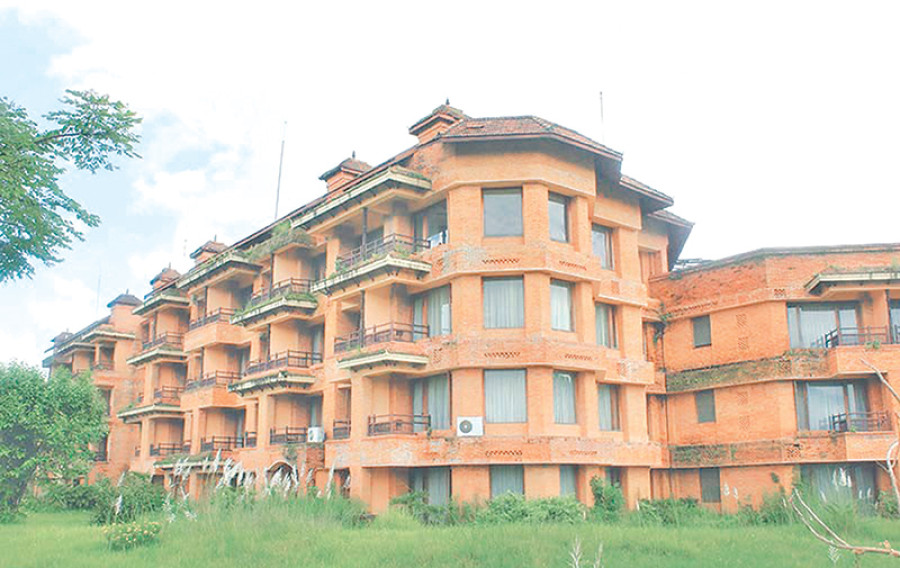Money
117 workers make formal Fulbari exit
Hundred and seventeen workers of the Fulbari Resort and Spa, a Pokhara-based five-star hotel, on Saturday made a formal exit under the voluntary retirement scheme launched by the resort.
Lal Prasad Sharma
Hundred and seventeen workers of the Fulbari Resort and Spa, a Pokhara-based five-star hotel, on Saturday made a formal exit under the voluntary retirement scheme launched by the resort.
The resort management and the trade unions affiliated to different political parties had reached the deal on Thursday. The resort has paid Rs35 million to the workers under the deal.
On Saturday, workers were provided with 40 percent of the sum. “In the first installment, we paid out more than Rs10 million to the workers,” said Samir Kapil, general manager of the resort. “They will get the remaining amount after two months.”
However, the resort paid only the basic salary to the workers for the past six months—the period after the hotel’s closure. The posh hotel has remained closed since February 28 after trade unions affiliated to the three major political parties—Nepali Congress, CPN-UML and CPN (Maoist Centre)—launched a protest, stating that they could not get perks and other facilities as promised by the resort earlier.
The agitating unions had claimed that the hotel owes them salaries for two months, provident fund for 26 months, service charge for 14 months and health insurance for seven years. The hotel management said that it had incurred a loss amounting to millions of rupees due to the closure of the property.
The hotel ran up a loss of Rs150 million due to cancellation of bookings and damaged infrastructure, including restaurants and swimming pool, the management claimed.
The resort, considered as Nepal’s most luxurious and exclusive property when it was built in 1998, ran into trouble when the tourist numbers started to dwindle at the height of the Maoist insurgency (1996-2006). Hoteliers say the insurgency had led to the resort’s downfall as it hardly received any guests during the period.
The situation worsened when the luxury resort started to sell its packages at much cheaper rates in a desperate bid to woo visitors. At one point, Fulbari had offered its rooms at $30 a night, the rate on par with two or three star hotels, some hoteliers recall.
A consortium led by Nepal Bank had extended credit worth Rs 1.28 billion to Fulbari to construct a five-star hotel in Pokhara, and the flow of loans had started from October 1994 with a repayment period of seven years. Other members of the consortium were Rastriya Banijya Bank, Employees Provident Fund and NIDC Development Bank.
The Fulbari loan was the largest for the consortium partners at that time. The resort, however, had defaulted the loan after its cash flow stopped and the interest on the loan ballooned to more than Rs3 billion that was beyond the resort’s reach to pay.
In 2012, the Ministry of Industry’s had recommended the resort, among the ten industries that were declared sick, to get interest waiver. Fulbari had been recommended to get the highest interest waiver of Rs616.35 million. However, the plan fell apart due to public criticism.




 14.24°C Kathmandu
14.24°C Kathmandu.jpg)















